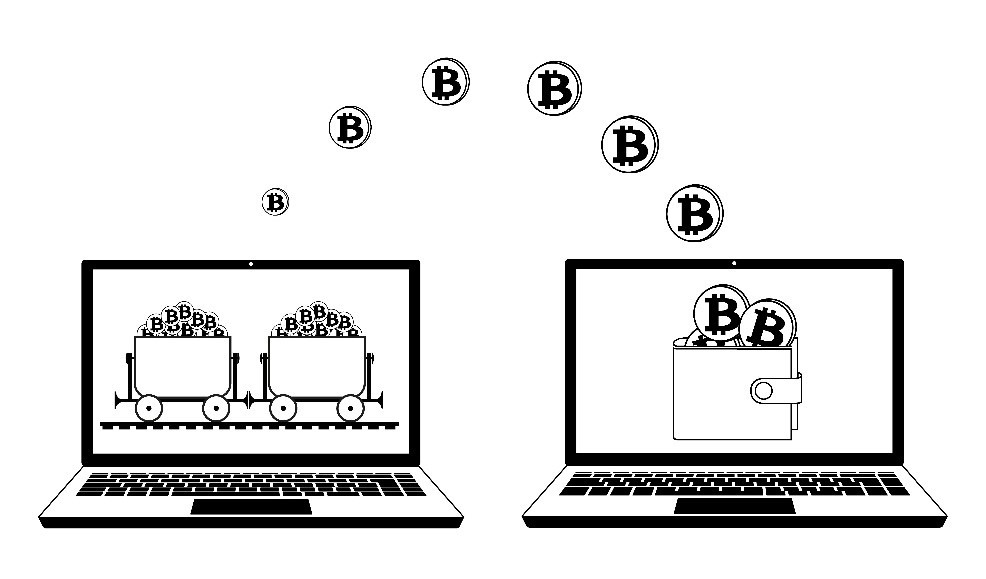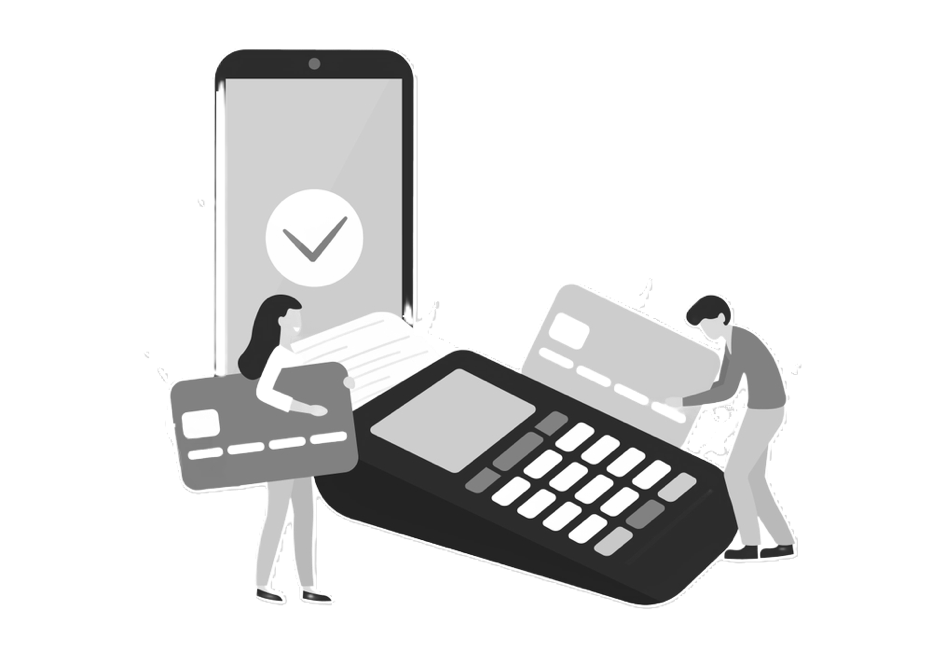There has been recent public uproar regarding levying of an extra charge in the name of ‘internet handling fee’ and caught in the midst of it are online digital merchants/service providers like Paytm, Bookmyshow and others. Generally a merchant has to pay a cost (which is linked to the value of sale) to the bank to facilitate payments from their customers via payment instruments such as a credit card, debit card, BHIM UPI, Adhaar Pay etc. every time either of it is used for payments in their stores. This cost, also referred to as Merchant Discount Rate (MDR), is essentially a cost which is supposed to be borne by the merchant. Although in practice, this cost has often been passed on to the customer in the name of ‘Internet Handling Fee’ or ‘Convenience Fee’.
Applicable Laws and chain of Events
- Section 6A of the Information Technology Act, 2000 provisions for delivery of services by a Service Provider by electronic means. As per subclause 3, a service provider may charge an e-service charge even in the absence of any specific rule/regulation but only after taking a specific consent from the government. This requirement of consent is often dispensed with by service merchants.
- Even the RBI, way back in 2013, recognised the unlawful practice of several merchants of charging a service fee as a percentage of the value of the e-transaction made by customers via debit cards. In its circular[1] titled ‘Pernicious practices of select banks deterring customer protection and accounting integrity’ RBI rightly slammed such practices of levying charges by the merchants as being unjustifiable and not permitted as per bilateral agreements between the acquiring banks and the merchants. Charging an additional fee by the banks from their customers for using their debit cards would simply tantamount to an additional charge being levied in order to be able to merely use ones own money, and must be deprecated.
- In 2016 the RBI again came out with a notification[2] wherein it noticed the practice of banks where all charges for merchants are bundled together and a total composite fee is levied irrespective of the type of card being used (debit/credit/pre-paid). As MDR on only debit card transations was capped, there was no clarity as to what is the specific amount being charged by banks on different categories of cards. This lack of transparency in charges (i) disincentivised merchants from accepting cards as payment methods; (ii) gave them scope to discreetly passon these bundled charges to the customer which goes against set RBI mandates. It was advised that the banks bring greater transparency by unbundling MDR charges for different category of cards and educate merchants regarding charges associated such categories.
- Further, in December 2017 the RBI, in an attempt to further curb the indiscriminate amount of fee being charged, via a notification[3] (i) categorised merchants on the basis of turnover; (ii) capped the MDR that can be charged by banks from their merchants for all debit card transactions and mandates that such costs cannot be passed on to customers.
- RBI released a draft circular[4] in February 2017 which pertained only to debit card transactions and i) restructured the basis of charging MDR from the current system of basing it on the transaction value to now charging it on the basis of merchant turnover; and ii) mandated banks to ensure that all merchants display the signage “No convenience or service charge is payable by customers”. These directives were later formalised and enforced via notification dated 06/12/2017[5] making the stance of India’s apex banking authority clear with respect to such charges being passed on to the customers.
- The Ministry of Electronics and Information Technology (‘MeitY) also issued a notitication[6] in December 2017 in which the government allowed reimbursement for MDR charges on small transactions (less than or equal to Rs. 2000) making MDR for merchants effectivey nil. This was a limited period exercise (two years from January 2018) with the primary aim to boost the digital payments ecosystem. Also, the fact that the merchants cannot passon MDR to its customers was reiterated.
Taking note of the above, the intention of both the RBI and the Government is clear that the MDR is not a charge that can be passed on to end consumers and is a cost which must be born by the merchants themselves. That being said, there is still a grey area when it comes to levying MDR on payments made through private UPI’s as the MeitY and the RBI circular only includes BHIM UPI. The outcome of the current investigation by the Hyderabad police against Paytm and INOX for charging ‘internet handling fees’ from its customers should perhaps pave the way forward on how other banks and merchants would treat the issue.
[This post is authored by Satvik Kapoor, Associate with inputs from Aparajita Srivastava, Senior Associate]
[1] (17th September 2013). RBI Circular no. BS.CO.PPD No. 3578 /11.01.005/2013-14 ‘Pernicious practices of select banks deterring customer protection and accounting integrity’ available at: https://www.rbi.org.in/scripts/NotificationUser.aspx?Id=8461&Mode=0
[2] (01st September 2016). RBI Notification no. DPSS.CO.PD No.639/02.14.003/2016-17 ‘Merchant Discount Rates (MDR) structure – unbundling of charges’ available at https://rbi.org.in/Scripts/NotificationUser.aspx?Id=10591&Mode=0
[3] (06th December 2017). RBI Notification no. DPSS.CO.PD.No.1515/02.14.003/2016-17 ‘Rationalisation of Merchant Discount Rate (MDR) for Debit Card Transactions’available at: https://www.rbi.org.in/Scripts/NotificationUser.aspx?Id=11183&Mode=0
[4] (16th February 2017). RBI Draft Circular ‘Draft Circular – Rationalisation of Merchant Discount Rate (MDR) for Debit Card Transactions’ available at: https://www.rbi.org.in/Scripts/bs_viewcontent.aspx?Id=3317
[5] See supra note 3
[6] (27th December 2017). Ministry of Electronics and Information Technology Notification no. 6(19)/2017-DPD–1. ‘Subsidizing MDR charges on Debit Cards/BHIM UPI/AePS transactions of value less than or equal to Rs. 2000/-’available at: https://www.meity.gov.in/writereaddata/files/gazette_notification_on_subsidizing_mdr_charges.pdf










